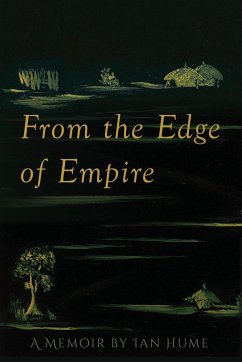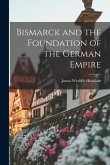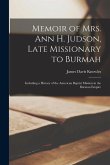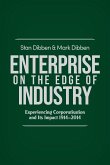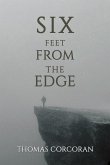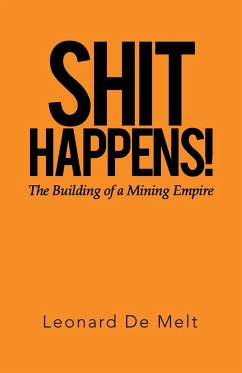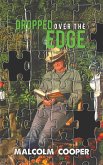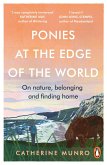This tells of why and how a young Rhodesian army Captain decided in 1963 not to fight the oncoming war over majority rule. His future unknown, he leaves the country for studies in Cape Town; marries; wins a Beit Fellowship to Oxford; and is recruited to a career at the World Bank. In time he becomes an expert on Eastern Europe. Invited home in 1975 to help prepare Rhodesia's transition to Zimbabwe, he spends three years living through the very war he chose to avoid. Rejoining the Bank, he works on Hungary and, in a unique period after communism fell in 1989, he lives in Poland as Resident Representative. A man of two transitions, he explains how they are separate but ironically linked. His book, a testament to the value of education and the power of family, is written as a memoir to his grandchildren. Now himself a proud American, he offers them a world view-what he calls a moral equilibrium- to harmonize their vexed heritage with today's divided America. Happy with his life, he regrets the outcomes in the country he left. He describes a different path to majority rule his countrymen could have taken, instead of herd-think support of Ian Smith's UDI and war. Had they done so, both the war as well as the brutality, corruption and devastation of Mugabe's Zimbabwe could well have been avoided. As a life's message to his grandchildren, he exhorts them not to make similar mistakes: beware the herd; think for yourself.
Hinweis: Dieser Artikel kann nur an eine deutsche Lieferadresse ausgeliefert werden.
Hinweis: Dieser Artikel kann nur an eine deutsche Lieferadresse ausgeliefert werden.

